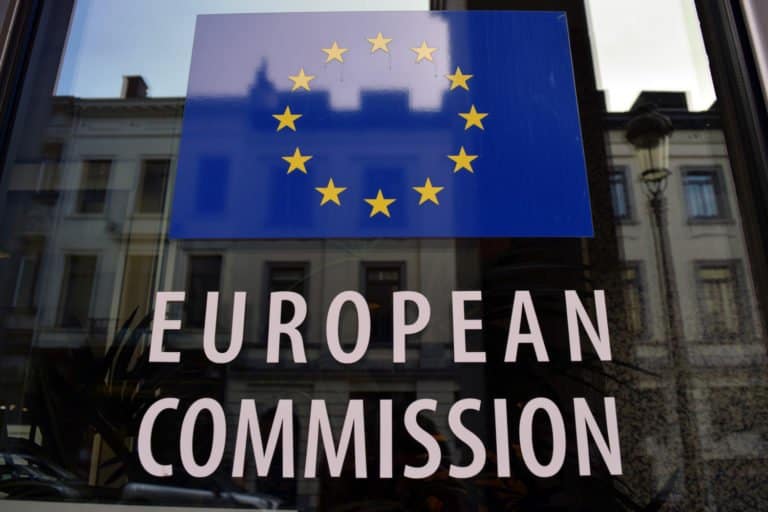“This is not a final decision,” a spokesperson for the tech giant was quick to comment.
Facebook has received a “revised” preliminary decision from its lead EU privacy regulator this week. The decision could have implications for its ability to continue to export user data to the US. This is according to a report in TechCrunch.
“Meta has 28 days to make submissions on this preliminary decision at which point we will prepare a draft Article 60 decision for other Concerned Supervisory Authorities (CSAs).” So said a deputy commissioner at the Irish Data Protection Commission (DPC), Graham Doyle, to TechCrunch.
It’s not clear there has been any material change to the facts of the case. The charge still hinges on the clash between European data protection law and US surveillance powers. There seems to be nothing new that would reverse the earlier draft order telling the company to suspend transfers.
Other European data protection agencies have been issuing decisions against other US services that involve the transfers of personal data to the US . This happened with Google Analytics in Austria, for example.
Part of a broader transatlantic dispute over privacy
Meanwhile, negotiations continue between Europe and the U.S. on a replacement to the defunct Privacy Shield data transfer arrangement.
Facebook and Google are becoming increasingly shrill as they call for a new transatlantic data transfer deal. They are demanding a high level fix for the legal uncertainty now facing scores of U.S. cloud services.
But the European Commission has warned there will be no ‘quick fix’ possible. They say a replacement would only be possible if the U.S. can resolve all the issues that the European Court of Justice flagged in 2020. That is when the CJEU invalidated Privacy Shield. This means both a legal and accessible means of redress for Europeans. But it also means addressing or even dismantling what the EU sees as “disproportionate” U.S. government surveillance powers. Agencies like NSA rely on bulk intercepts of Internet communications, which the EU strictly forbids. Getting them to give up that power seems highly unlikely.
